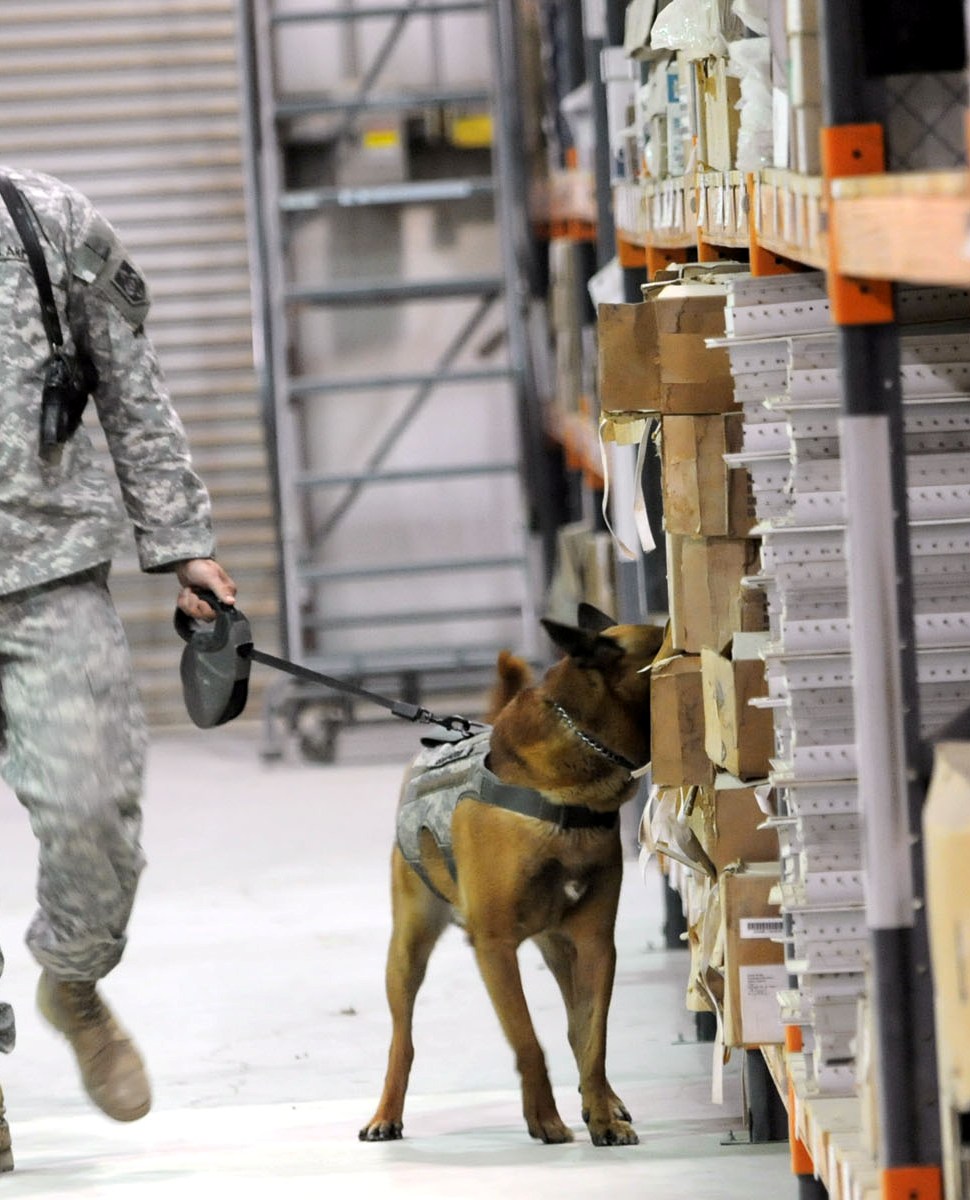For decades, the process of customs clearance has been identified as work that involves the groundwork preparation and submission of required documentation to expedite imports and exports into/from a country. The process is also known for usually representing the client during the process and customs examination, that includes payment of duty taxes and taking charge of the delivery of the client’s cargo after the clearance along with all relevant documentation.

For custom’s clearance, there are two main documentations required,
1. Exports Documentation:
The documentation that allows to purchase order from Buyer, Sales Invoice, Packing List, , Bill of Lading or Air Way Bill, Shipping Bill,Certificate of Origin and other specific documentation as identified by the buyer, or as requested by financial institutions or LC terms or as per importing port or country regulations.
2. Imports Documentation:
The documentation that allows to purchase Order from Buyer, Sales Invoice of supplier, Bill of Entry, Packing List, Certificate of Origin, Bill of Lading or Air way bill, and any other specific documentation mandatory by the buyer, or financial institution or the importing port or country regulation.
Every single port across the globe transports your cargo through a custom’s clearance process as a basic requirement for maintenance of safety, quality control, and government imposed regulations. One port’s regulation may differ to another, and laws may differ from country to country, that allows agents who specialize in clearance terms to expand their knowledge on these terms. Having an updated knowledge on these specific laws and regulations are extremely important to a transporter importing and exporting goods.
Getting The Right Customs Broker
Experts in customs clearance are known as customs brokers, who have expertise in handling Imports and export documentation.
When a shipment arrives, it is usually contained in a warehouse until the customs clearance process begins. Working with the wrong customs broker can be unfavorable. If the customs broker is unable to assist on time, in accumulation to warehousing fee there could be supplementary fees and multiple taxes that add onto the clearance charge by customs regulations.
It also common for freight forwarders to handle customs clearance, but many organizations feel comfortable to work directly with a customs broker, who is believed to be further experienced in the customs clearance process, and able to resolve issues quicker than a freight forwarder.
For these known reasons, working with a low cost freight forwarder to handle international shipping can turn out to be much more costly than hiring a customs broker with a slightly higher quote but who has much more experience in the business. Reliable freight forwarders such as Transco Cargo who also offer customs brokerage services can offer you’re the convenience and peace of mind to ensure that your shipments are in safe hands.

